The last 'Agenda Meetings' of the year, organized by Turkey IMSAD (Turkish Construction Material Industrialists' Association), was held online on Thursday, December 15th with the contributions of Demirdöküm. In the meeting moderated by Turkey İMSAD Deputy Chairman Ferdi Erdoğan, Turkey OECD Permanent Representative Ambassador Prof. Dr. Kerem Alkin and Turkey İMSAD Economy Consultant Dr. Can Fuat Gürlesel shared his evaluations for 2022 and his expectations for 2023.
Turkey IMSAD Deputy Chairman Ferdi Erdogan, in his opening speech, said that everyone had a year above their targets in 2021, and that the unexpected Russia-Ukraine War in 2022 pushed the targets especially in the second half of the year. Mentioning the difficulties of estimating the budget, Ferdi Erdoğan emphasized that the election agenda has come to the fore in the current period in Turkey, and the economy has fallen into the background. Ferdi Erdogan said, “The Russia-Ukraine War has changed many balances in the global economy. We faced global inflation with the effect of transition from globalization to regionalization. We also faced high inflation in Turkey. Turkey ranks first in the European Region in the highest inflation, in the 3rd place in the highest inflation in the Asian Region, and in the top 10 in the world. Our expectation of reaching 35 billion dollars in the export of construction materials this year, while it was up to 34.9 billion dollars with the decrease in the last months, it changed direction and decreased to 34.3 billion dollars on an annual basis. There is an increase in average unit prices, but there are decreases in both production and exports on the basis of quantity,” he said. Europe has taken different steps on energy supply security and costs; Ferdi Erdoğan said that despite the Green Agreement, the trend towards fossil fuels has begun, and that some countries, including Turkey, are trying to stop or restrict commodity exports in order to protect their domestic markets, noting the increasing commodity nationalism, and emphasized that this issue will come to the fore more in 2023. Ferdi Erdogan added that it may be very difficult for companies to make a budget this year due to the uncertainty of the variables.
“Food supply security comes to the fore in the global economy”
Turkey OECD Permanent Representative Ambassador Prof. Dr. Kerem Alkin, on the other hand, stated that the effects of the “2 Black Swans”, which he also mentioned at the Turkey IMSAD 50th Agenda Meetings, continue, and that a 'risk' perceived by the economic circles of the Covid-19 pandemic and the Russia-Ukraine War with a relatively low probability of realization all of a sudden. He reminded that it was described as a “black swan”. He stated that food supply security has come to the fore in OECD and international circles these days, that the future of production costs in agriculture and food will be discussed at the top of the important issues in 2023, and that construction material industrialists will also have important duties in these topics. Prof. Dr. Kerem Alkin said, “Assessments and meetings on the ongoing global energy and food supply crisis under the roof of all international organizations are the scene of determinations confirming that we are facing the heaviest global energy and food crisis in modern history. The connection between the two global crises is defined as this “crisis triangle” and “3C”, where three main topics come together: Climate change (Climate), Covid-19 Global Virus Outbreak (Covid), Russia-Ukraine War (Conflict). The Black Sea Grain Corridor Initiative had positive effects on the food crisis. As Turkey, we receive congratulations for this formation at the meetings we attend.”
Expressing that there are calls for some steps to be taken in terms of energy supply security in Europe, Prof. Dr. Kerem Alkin said, “In order to increase energy efficiency, we focus on solutions such as starting the insulation campaign, giving importance to products that will increase energy efficiency such as heat pumps, heating entirely with electrical energy, and accelerating renewable energy investments. For these steps, the materials produced by the Turkish construction materials industry will be needed, there is an important potential here.”
“The first half of the year will be difficult”
Turkey İMSAD Economy Consultant Dr. Can Fuat Gürlesel said, “The global economy in the current period, 'Climate change and green transformation', 'Epidemic and new normal', 'The highest inflation in 40 years', 'War and geopolitical break in Europe', 'Depending on the energy and food crisis' as a cost of living crisis' and 'monetary tightening and recession concerns after 20 years'. The 2023 agenda of the world economy will be the fight against high inflation, tight monetary policies, slowdown expectations, energy and food crisis possibilities. Stating that central banks will continue to increase interest rates until a permanent decrease in inflation is achieved, Dr. Can Fuat Gürlesel said, “We see that central banks will continue to be more strict in their fight against inflation in 2023. If a permanent decrease in inflation is achieved in the second quarter, the second half of the year will be better. Interest rate cuts may begin in 2024. The energy and food sides are managed to a certain extent, and there is an expectation that a permanent decline will begin after March if price shocks do not occur here. The first quarter of the year will be quite difficult. Rate hikes will continue and tightening will peak. As of April, relief will begin.”
Dr. Can Fuat Gürlesel stated that the construction material orders will follow a low route in the first quarter of the new year, stagnant in the 2nd quarter, a limited increase in the 3rd quarter and an upward trend in the last quarter, that they will proceed with the domestic market demand in the first 6 months, and that the improvement in the global economy will be reflected in the export orders in the following months. Stating that the energy saving practices expected in Europe will create demand in Turkey, Dr. Can Fuat Gürlesel also drew attention to the possibility of an increase in energy prices in case of a harsh winter.
Stating that the effects of the election economy are seen in Turkey, Dr. Can Fuat Gürlesel said, “We expect the minimum wage to be 8 thousand 500 TL and an increase of 35-50 percent in other wages. We will enter the elections with high inflation, along with price increases and new high costs that will be triggered by wage increases. CPI is expected to be around 50-55% in June. Portfolio exit from Turkey continues. On the other hand, we are experiencing foreign exchange inflows from non-traditional channels. We are watching the dissolution of Currency Protected Deposit accounts as well. It looks like they are switching to TL before the election. There is no expectation of a policy change in economic circles until the election. After the election, things will get a little more complicated. A program is needed to return from non-traditional financing to sound financing, to lower the risk premium. Without a healthy financing of 50-60 billion dollars, Turkey's risk premium is not expected to decrease. In dollar terms, there are 3 estimates as 19 TL in June 2023 in the control scenario of the economy management, 20 TL in June 2023 due to other factors despite the control scenario, and 25 TL in the first quarter in the crisis scenario.
Dr. Can Fuat Gürlesel also shared his recommendation for companies that are trying to make a budget to make a 6-month budget in the form of 3+3 months instead of the annual budget due to uncertainties, or a 4-month budget if an early election decision is made.


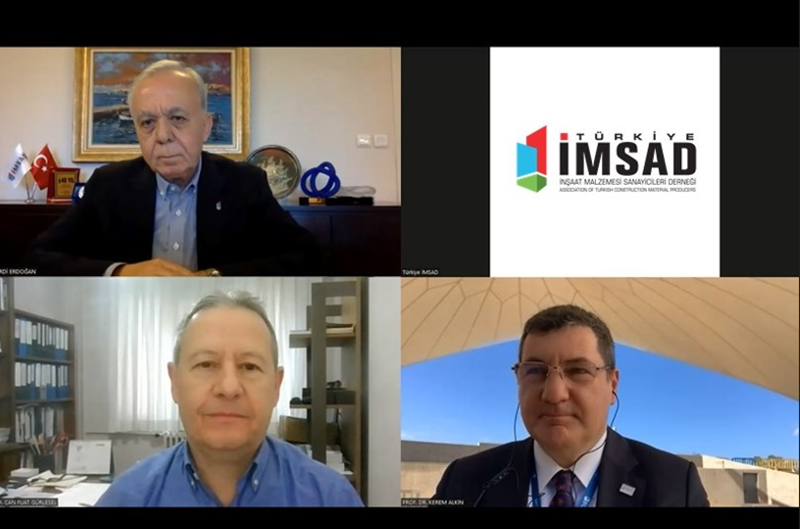
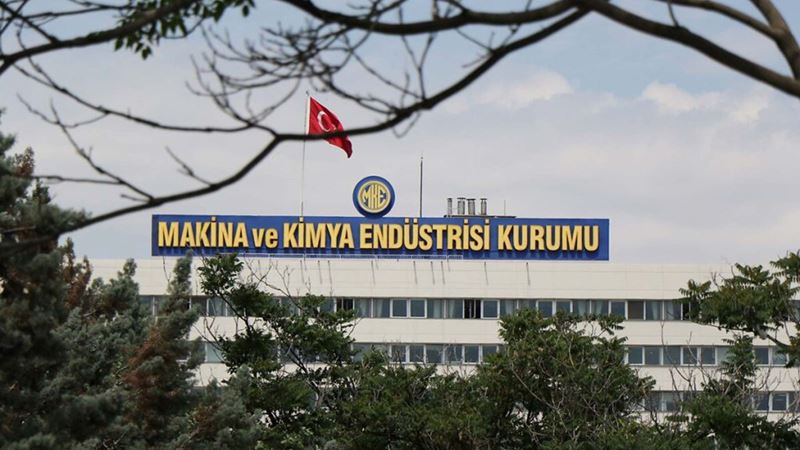
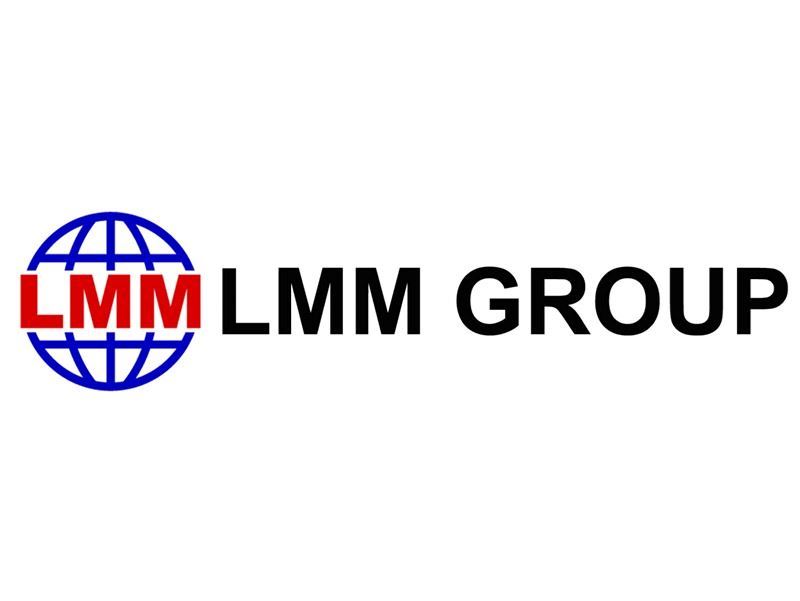
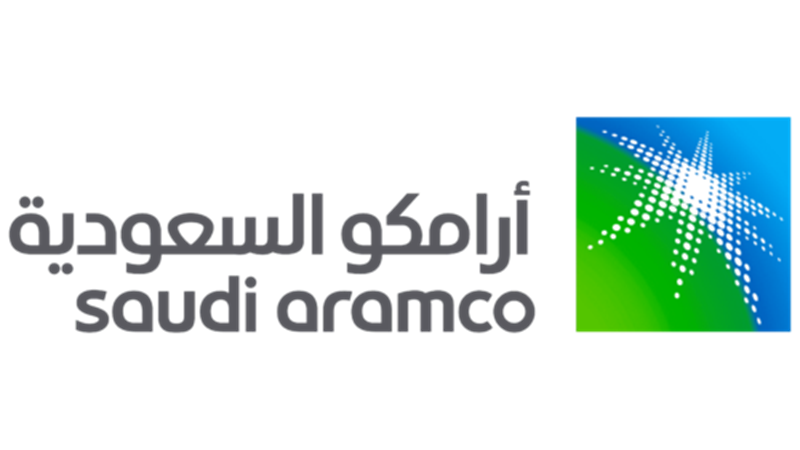

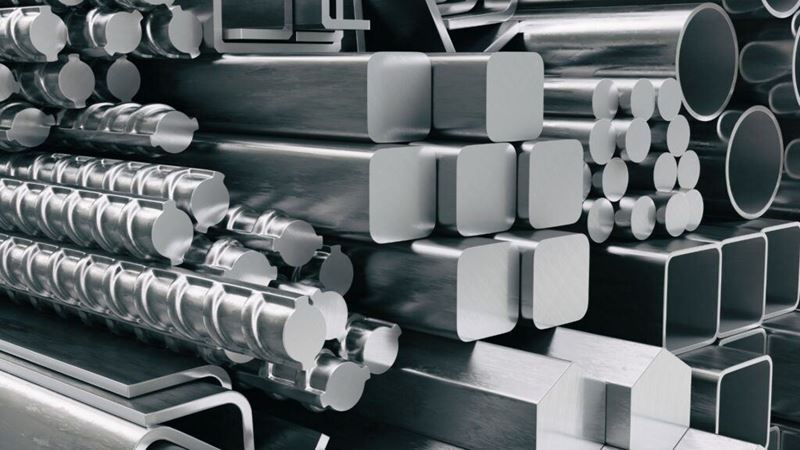

Comments
No comment yet.